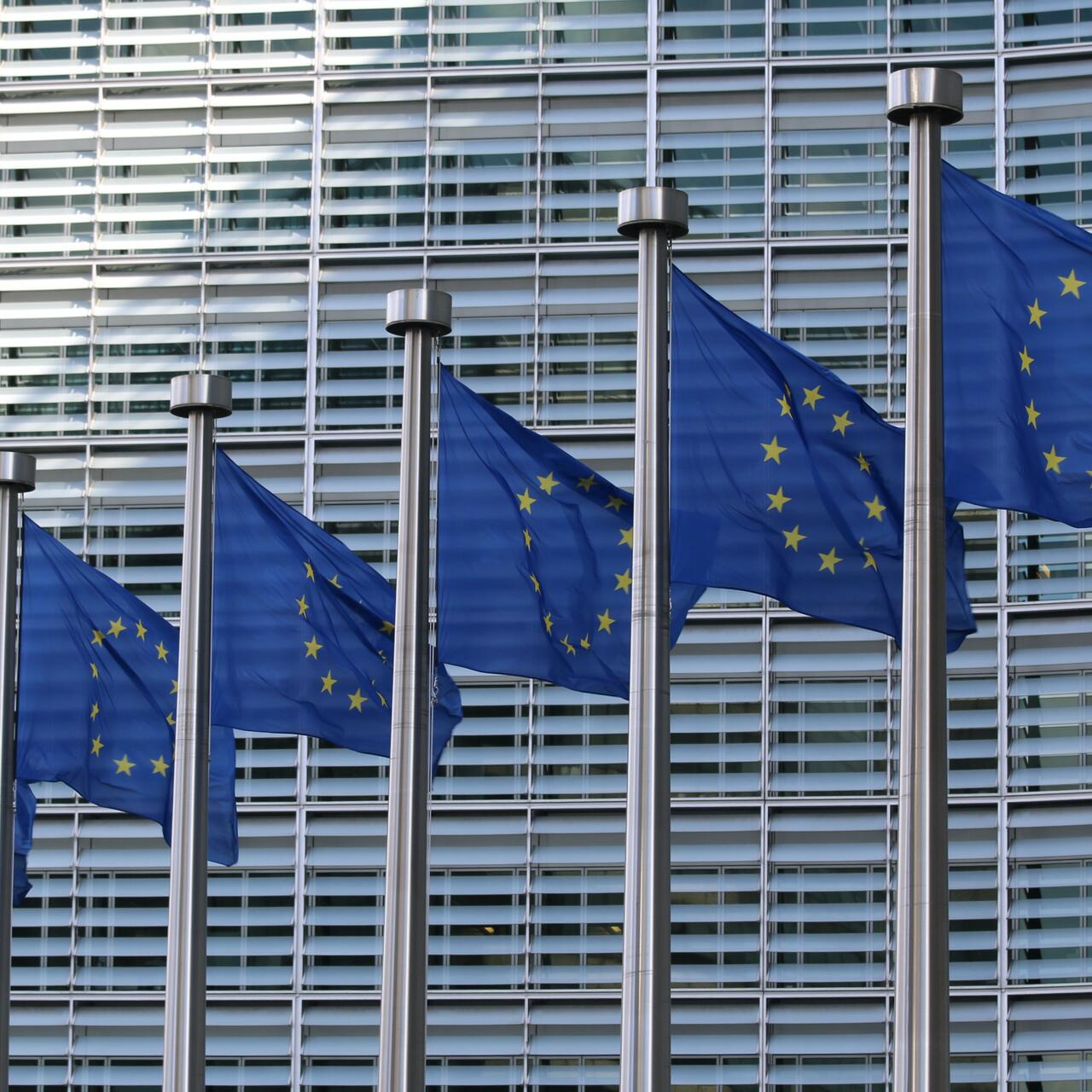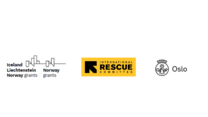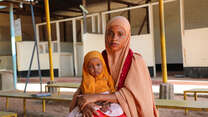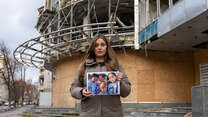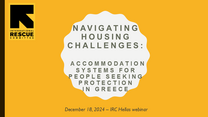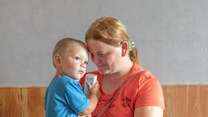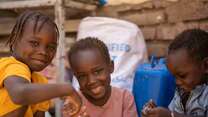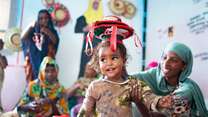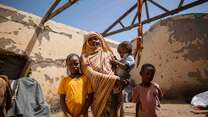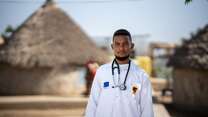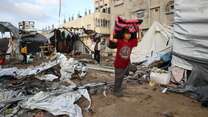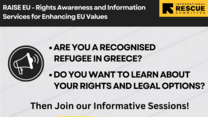The European Union and its member states are collectively the world’s largest aid donor. Our engagement with European institutions enables us to help shape effective, evidence-based policies that bring maximum benefit for the people we serve. Established in 2001, the International Rescue Committee in Brussels uses the IRC’s experience from our humanitarian and development programmes to shape EU policies in ways that improve the lives of more people worldwide.
Our priorities in Europe are driven by a strong and flourishing European network. The IRC has offices in Belgium, Italy, Germany, Greece, Switzerland, Serbia, Sweden, and the UK, and works with our sister organisation Stichting Vluchteling (SV) in the Netherlands.
Our focus
Our work with EU institutions focuses its efforts primarily on the following priority areas:
EU response to forced migration
We advocate for a sustainable and humanitarian response to forced displacement. As part of this, we champion legal and protected routes so people can reach countries in the European Union safely and we work with EU member states to support them in scaling up their pledges to resettle refugees. Drawing on our knowledge and experience of working in Greece, the Balkans, and Germany we also push for solutions which address the issues facing refugees and displaced people living in Europe and drive the EU agenda towards more effective policies on resettlement and integration.
We push for the EU to address the root causes that force people to flee, with a focus on the deadliest migration routes leading through Africa.
Building on our presence in Libya, the IRC urges the international community to work together to invest in long-term political solutions to stabilise Libya, increase assistance and improve conditions for vulnerable Libyans, migrants and refugees caught in the conflict.
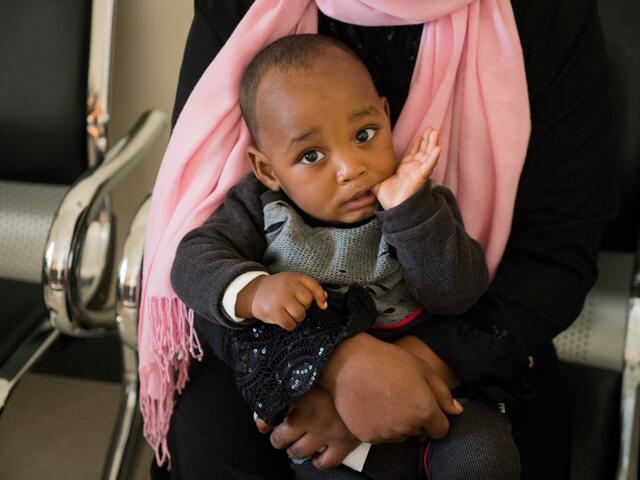
Country crises
The IRC advocates for a more effective EU response to protracted crises with policies that work to address the needs of both those who have been forced to flee their homes and the host communities.
Putting Yemen, Syria and the Rohingya crisis in the spotlight, we believe European Parliament and the European Commission are in a unique position to align development and humanitarian policies to better respond to crises that extend over long periods of time. As part of this, we propose concrete solutions for establishing funding that is multi-year and flexible to increase the effectiveness of humanitarian responses to conflict.
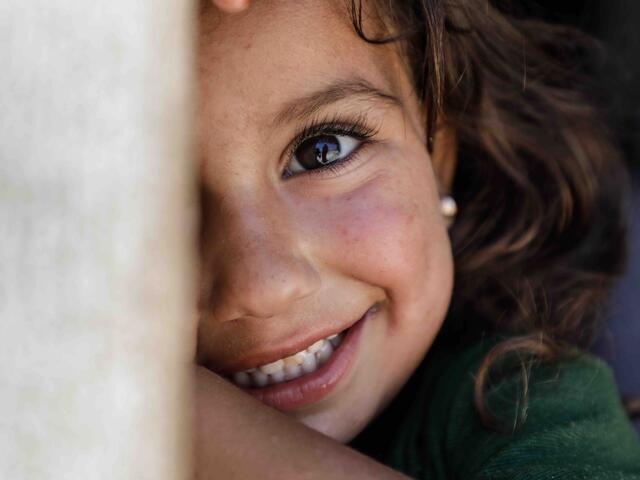
Women and girls
The IRC’s evidence shows that women and girls suffer from a significant funding gap to tackle gender-based violence (GBV) in conflict situations. We are a feminist organisation and we advocate for the EU to become a champion for women and girls caught in crisis. The IRC calls for an increase in funding to prevent GBV, pushes for clear targets for delivery of support to women and girls caught in crisis within the UN Sustainable Development Goals, and encourages policymakers to prioritise the voices of women and community leaders in humanitarian programme design and assessment.
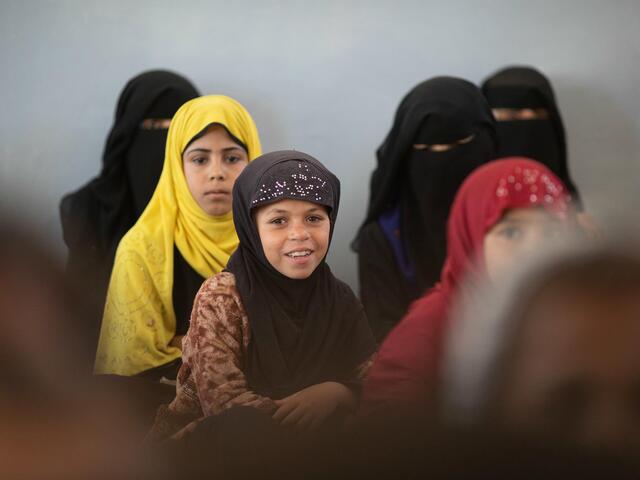
Aid reform
We advocate for additional financing for a refugee response that truly delivers outcomes, including joint multi-year funding, and strive to ensure that refugees and displaced populations are included in the SDG targets. We push for policy reforms that would enable refugees to leave camps, go to schools and get jobs. The IRC prioritises long-term livelihoods strategies, promoting sustainable solutions such as the Business Refugee Action Network.
Our EU manifesto
The IRC calls for a Europe that truly welcomes, empowers, protects and leads in response to protracted crises. See what EU decision makers can do to deliver a more effective response to forced displacement here.
